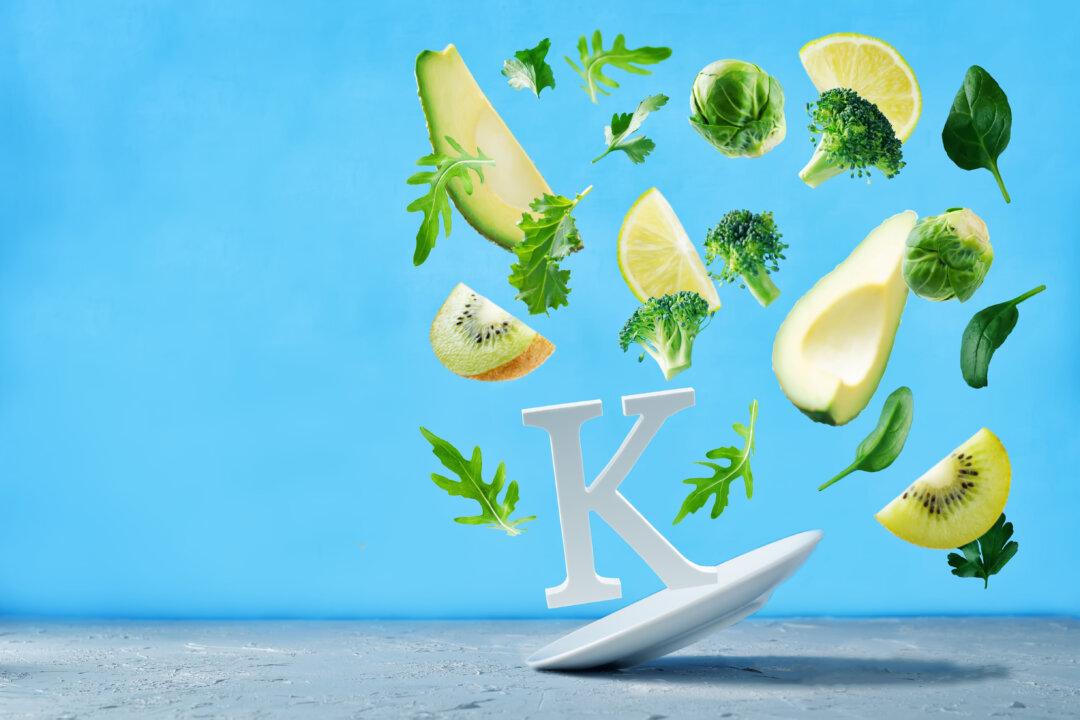Despite the abundance of scientific evidence demonstrating the benefits of whole soy foods, many people have been scared off from healthful foods like edamame by the anti-soy propaganda (lacking responsible scientific integrity) that continues to float around the internet.
It is true that the nutrient-depleted isolated soy in protein powders and processed foods is likely problematic. And of course, I recommend steering clear of genetically modified soy, as its safety, phytochemical value, and environmental impact remain questionable.
However, research has shown overwhelmingly that whole and minimally processed soy foods (such as edamame, tofu and tempeh) provide meaningful health benefits. The presence of isoflavones, a class of phytoestrogen, has sparked much of the controversy around soy. There were concerns that these plant estrogens could potentially promote hormonal cancers, such as breast and prostate cancers; however, those fears were unfounded. I have previously discussed the large body of evidence that convincingly suggests that whole and minimally processed soy foods protect against breast cancer. In addition, a 2009 meta-analysis of studies on soy and prostate cancer found that higher soy intake was associated with a 26% reduction in risk.1 In addition, it appears that isoflavones have a number of anti-cancer effects that are unrelated to their ability to bind the estrogen receptor. Accordingly, soy foods are not only associated with decreased risk of hormonal cancers, but also lung, stomach, and colorectal cancers.2-4 (For further discussion of soy foods and health, see the May 2012 member teleconference.)
Soy is Not a Magic Pill or a Poison; it is Simply a Bean.
One can’t argue with the data — the associations between minimally processed soy intake and reduced risk of cancers has been reported over and over again. There is no real controversy here. However, one still should not eat lots of soy products, to the exclusion of other valuable foods. Variety is crucial for obtaining diversity in protective phytochemicals, and a variety of beans are health promoting, along with many other foods. So use good judgment, avoid processed foods, GMO foods and eat a variety of whole natural plant foods including beans such as black beans, chickpeas, lentils and enjoy some edamame, tofu and tempeh as well.
This article was originally published on www.drfuhrman.com. Read the original here.
*Image of “tofu“ via Shutterstock






